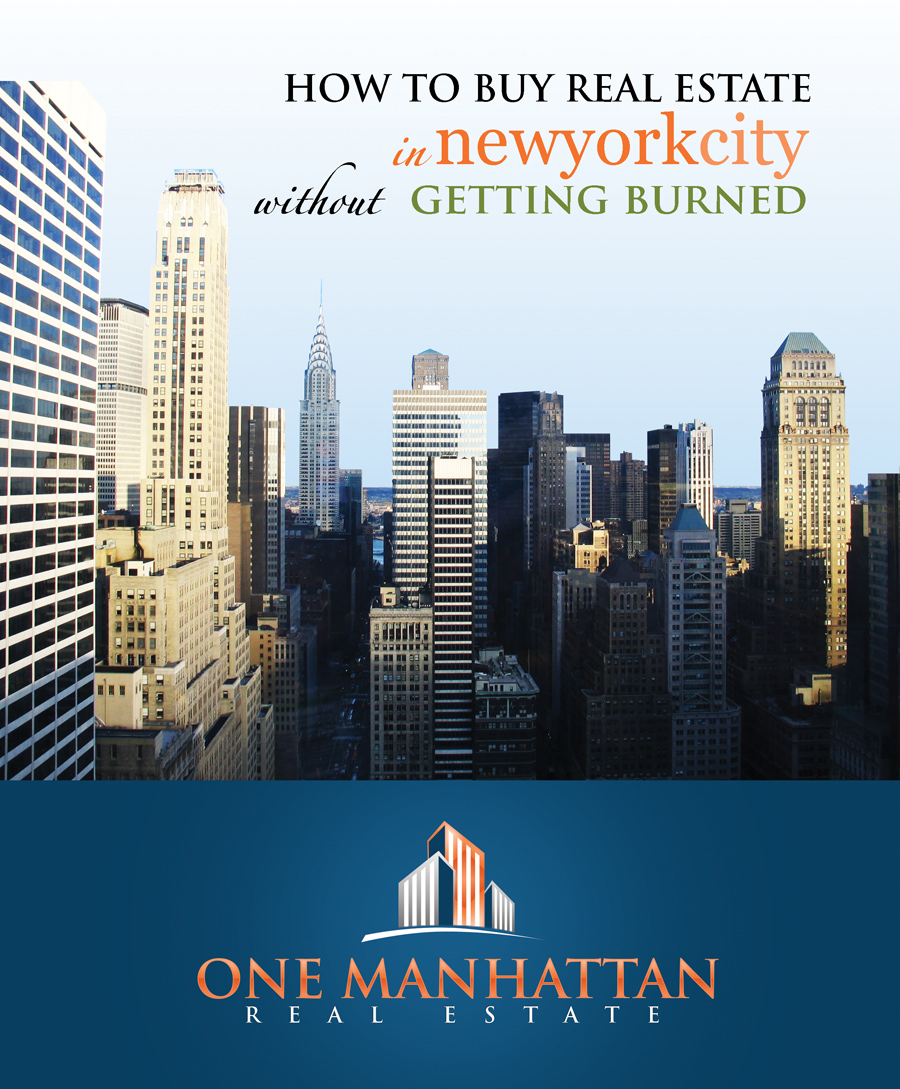Glossary of terms
Abstract of Title: A document or report which summarizes chronologically the proceedings and recorded instruments relating to real property.
Said report also typically consists of additional information, including, but not limited to, the property's real estate tax search, Judgments and Liens search, Building Department search, and the Certificate of Occupancy.
Air Rights: Subject to City zoning regulations, the legal right to the air above a building. It is relevant when an owner desires to build upwards or add square footage to a structure. These rights may be sold by Building owners to adjacent properties in order to allow the purchaser additional rights for upward Expansion.
Appraisal: Means of determining the current market value of real property, typically done by comparing the specific property to similar properties recently sold in the surrounding area.
Assignment: The ability to transfer the rights to a written agreement, such as a Contract of Sale or Lease Agreement, from one party to another.
Assessments: The division of responsibility for liabilities of certain costs between the parties to a transaction.
Property tax assessment is the means by which municipalities raise taxes. Condominium or Co-op assessments are the means by which the owners raise revenue for a specific project or need.
Balcony: A private outdoor area included with purchase of real property, typically in the form of a railed deck which extends from the building.
Building Amenities: Unique comforts and luxuries offered by buildings to enhance the owners’ quality of living. For example: doormen, valet services, garages, rooftop gardens, laundry room, wi-fi, etc.
Bank Attorney: The attorney who represents the lending institution when a transaction is being financed. His or her duties include, but are not limited to, conducting the closing on behalf of the bank in accordance with local and State laws, as well as disbursing the buyer’s loan proceeds accordingly.
Capital Gains Tax: Taxes charged on the net profit realized from the sale of a non-inventory asset that was purchased at a lower price.
Capital Improvement: An addition or improvement to a property which will result in an increase in its value, such as a new elevator, a new roof and/or new windows.
Certificate of Occupancy: Also known as “C of O” is a legal document which outlines what a property can and cannot be used for. The Certificate of Occupancy has the power to override zoning ordinances in terms of allowances of property usage.
Co-Broke: A practice in which the seller’s real estate broker divides the commission with the real estate broker that introduces the property to the buyer. It is the practice of sharing the commission between two real estate brokers.
|

